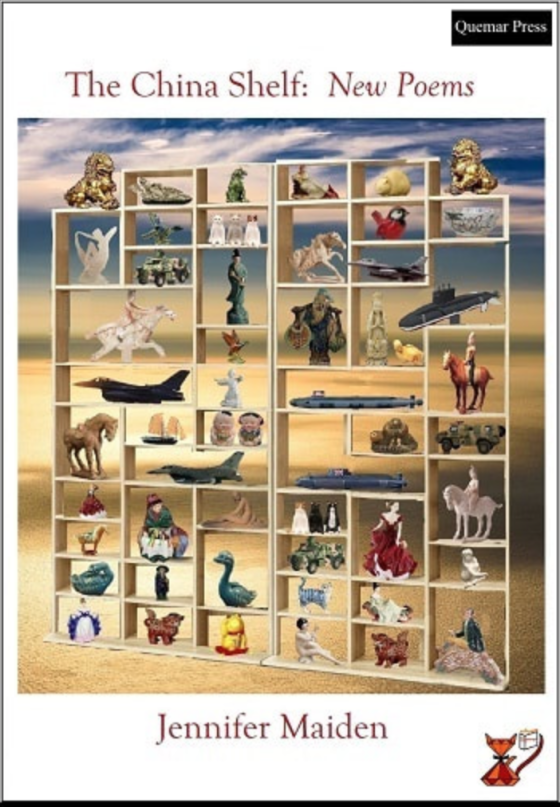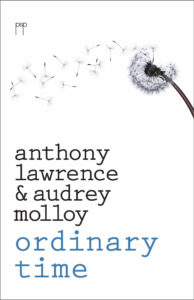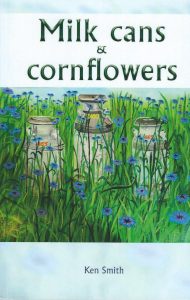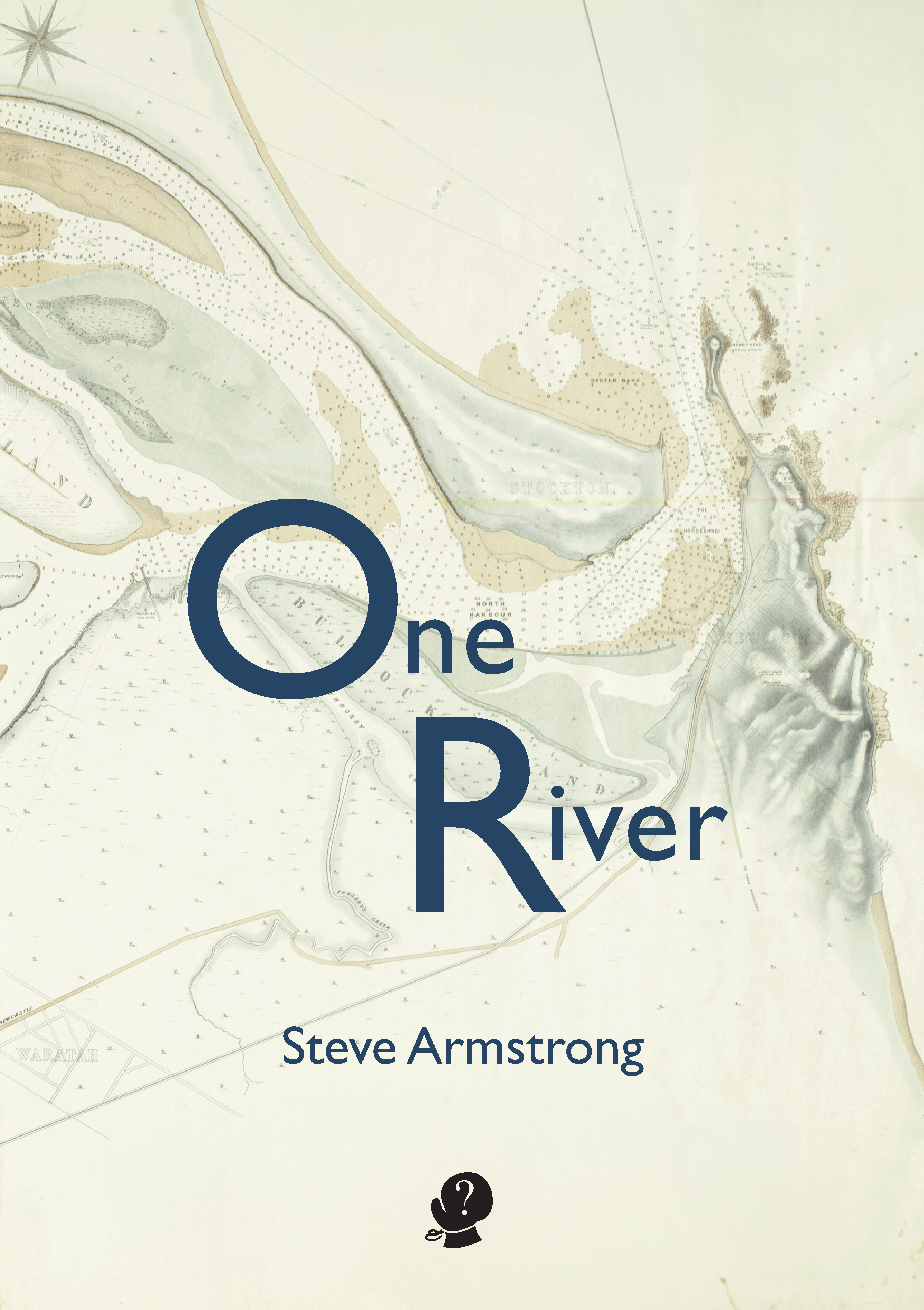 Everything is fragile, tenuous, in this world. It’s not threatening or frightening; indeed, a kind of vast resignation suffuses the scene. As the title of the collection, Nightfall Marginalia, suggests, the predominant atmosphere throughout is dusky, dark, and the principal mood is the nocturne – dreamy, romantic.
Everything is fragile, tenuous, in this world. It’s not threatening or frightening; indeed, a kind of vast resignation suffuses the scene. As the title of the collection, Nightfall Marginalia, suggests, the predominant atmosphere throughout is dusky, dark, and the principal mood is the nocturne – dreamy, romantic.
Category: Poetry Reviews
A review of The China Shelf: New Poems by Jennifer Maiden
 There are no notes or glossary, but neither is the book polemical. You are free to make your own conclusions from what comes across essentially, at least to my ignorant mind, as poetic play—full of irreverence and an open sense that we are all pawns in the global power play, and that no matter how powerful these world figures are – whether they be actors, writers, or politicians, it behooves us to pay attention and use our imaginations to engage.
There are no notes or glossary, but neither is the book polemical. You are free to make your own conclusions from what comes across essentially, at least to my ignorant mind, as poetic play—full of irreverence and an open sense that we are all pawns in the global power play, and that no matter how powerful these world figures are – whether they be actors, writers, or politicians, it behooves us to pay attention and use our imaginations to engage.
A review of Ordinary Time by Audrey Molloy and Anthony Lawrence
 One poet has a ‘time travel machine’ which takes him/her through past and present the other poet writes ethereal intense beautiful words. As I read each poem my mind struggled trying to decide who is he and who is she. I read a few lines and decided, yes this was written by Lawrence, then I read a few more lines and I decided no it was written by Molloy. Finally, I gave up and decided that beautiful poetry does not need a ‘gender’.
One poet has a ‘time travel machine’ which takes him/her through past and present the other poet writes ethereal intense beautiful words. As I read each poem my mind struggled trying to decide who is he and who is she. I read a few lines and decided, yes this was written by Lawrence, then I read a few more lines and I decided no it was written by Molloy. Finally, I gave up and decided that beautiful poetry does not need a ‘gender’.
A review of Fugitive by Simon Tedeschi
 Fugitive is a moving and thought-provoking book. It is pithy and at times, funny, full of minor transgressions, extensive scholarship, music and yes, poetry. There is so much compacted into each of these small pieces and yet Fugitives is airy, with enough space to encompass contradiction, breath and above all, silence, another recurring theme.
Fugitive is a moving and thought-provoking book. It is pithy and at times, funny, full of minor transgressions, extensive scholarship, music and yes, poetry. There is so much compacted into each of these small pieces and yet Fugitives is airy, with enough space to encompass contradiction, breath and above all, silence, another recurring theme.
A review of Milk cans & cornflowers by Ken Smith
 The poems in Ken Smith’s collection, Milk cans & cornflowers, show a love of language that rises above workmanlike prose. The author lets readers experience walks along the St. Lawrence River; shares some of his past, points out striking objects or phenomena, and acknowledges the importance of family, including the “family” of great poets and writers of the past.
The poems in Ken Smith’s collection, Milk cans & cornflowers, show a love of language that rises above workmanlike prose. The author lets readers experience walks along the St. Lawrence River; shares some of his past, points out striking objects or phenomena, and acknowledges the importance of family, including the “family” of great poets and writers of the past.
A review of Strange Meadowlark by Michael Simms
 The music of the poems is suffused by a nuance of idiosyncrasies that leaves one having to learn how to read them, stopping and starting occasionally. But these reveal themselves as integral to the themes. For instance, there’s a conspicuous absence of periods.
The music of the poems is suffused by a nuance of idiosyncrasies that leaves one having to learn how to read them, stopping and starting occasionally. But these reveal themselves as integral to the themes. For instance, there’s a conspicuous absence of periods.
A review of Transcript of the Disappearance, Exact and Diminishing by Lynn Emanuel
 In what may be in the voice of the Coronavirus talking to the poet, she writes in “Plague’s Monologue,”: “I erased the world so nothing can find it…” and concludes the piece, “…there is no limit to my appetite, my lust, my zeal for emptiness. But I know you—and you have kept a transcript of the disappearance.”
In what may be in the voice of the Coronavirus talking to the poet, she writes in “Plague’s Monologue,”: “I erased the world so nothing can find it…” and concludes the piece, “…there is no limit to my appetite, my lust, my zeal for emptiness. But I know you—and you have kept a transcript of the disappearance.”
A review of Bleedings by Gabriele Tinti
 Poetry is this ability to transcend, to cross through the masks that feed the comedy, living bulimically on illusions; it is looking beyond what appears, entering the shadow, listening to the unspeakable until the original silence while keeping the wound always open because we need to be there, close to the blade,/ at the mercy of pain, letting that blood, which is life, flow. Hence, bleeding as an opening, as the only possibility of existence.
Poetry is this ability to transcend, to cross through the masks that feed the comedy, living bulimically on illusions; it is looking beyond what appears, entering the shadow, listening to the unspeakable until the original silence while keeping the wound always open because we need to be there, close to the blade,/ at the mercy of pain, letting that blood, which is life, flow. Hence, bleeding as an opening, as the only possibility of existence.
A review of Balmain Contemplations by Noel Jeffs
 This system of imagery is woven with religious associations of annunciation or resurrection, but with an innocent freshness that removes too much knowingness or didactic artifice. The quote on the back cover is Proust’s observation that the real voyage of discovery is not travelling but seeing newly. One should observe at this point that to see something as if for the first time is not the same as seeing it once again differently, and that these two things have a separate poetic function.
This system of imagery is woven with religious associations of annunciation or resurrection, but with an innocent freshness that removes too much knowingness or didactic artifice. The quote on the back cover is Proust’s observation that the real voyage of discovery is not travelling but seeing newly. One should observe at this point that to see something as if for the first time is not the same as seeing it once again differently, and that these two things have a separate poetic function.
A review of One River by Steve Armstrong
 Haibun is the perfect form for these reflections, combining prose and poetry to create a work that is both descriptive/educational and deeply intimate. Armstrong has replaced the traditional Haiku of Haibun with the Korean Sijo which allows for double the line length and extra syllables, with a focus on the rich nature of the spaces he’s inhabiting. The result is quite beautiful, inviting the reader to join in both the descriptive amble and the poetic pauses of the Sijo creating a space for connection.
Haibun is the perfect form for these reflections, combining prose and poetry to create a work that is both descriptive/educational and deeply intimate. Armstrong has replaced the traditional Haiku of Haibun with the Korean Sijo which allows for double the line length and extra syllables, with a focus on the rich nature of the spaces he’s inhabiting. The result is quite beautiful, inviting the reader to join in both the descriptive amble and the poetic pauses of the Sijo creating a space for connection.